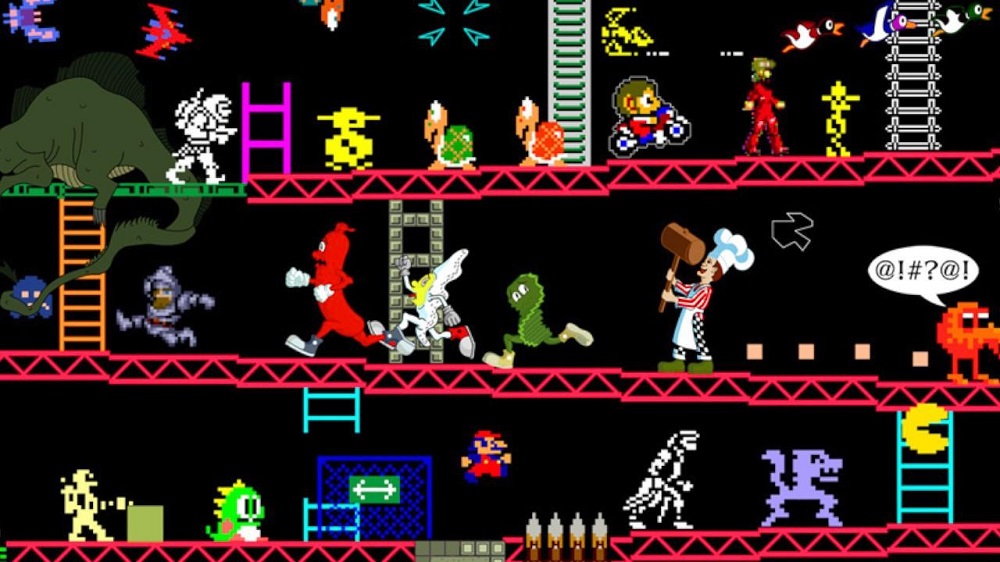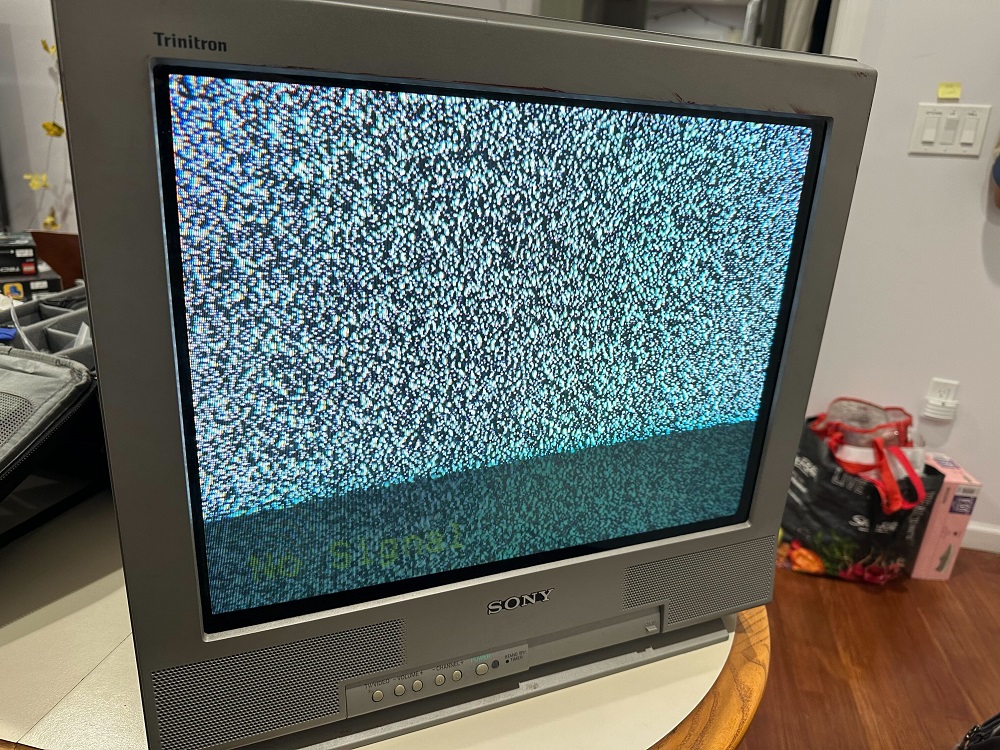Imagine walking into your attic, dusting off an old box, and finding your childhood console — maybe an NES, Sega Genesis, or Game Boy. You plug it in, only to find that the cartridge no longer works, or the console refuses to power on. For many retro gamers, this is more than just a broken toy; it’s the loss of history.
Retro game preservation is not simply about nostalgia. It’s about safeguarding digital culture, protecting art, and ensuring that future generations can experience the evolution of gaming. Just as we preserve books, films, and paintings, video games deserve the same respect.
Why Retro Games Are Worth Preserving
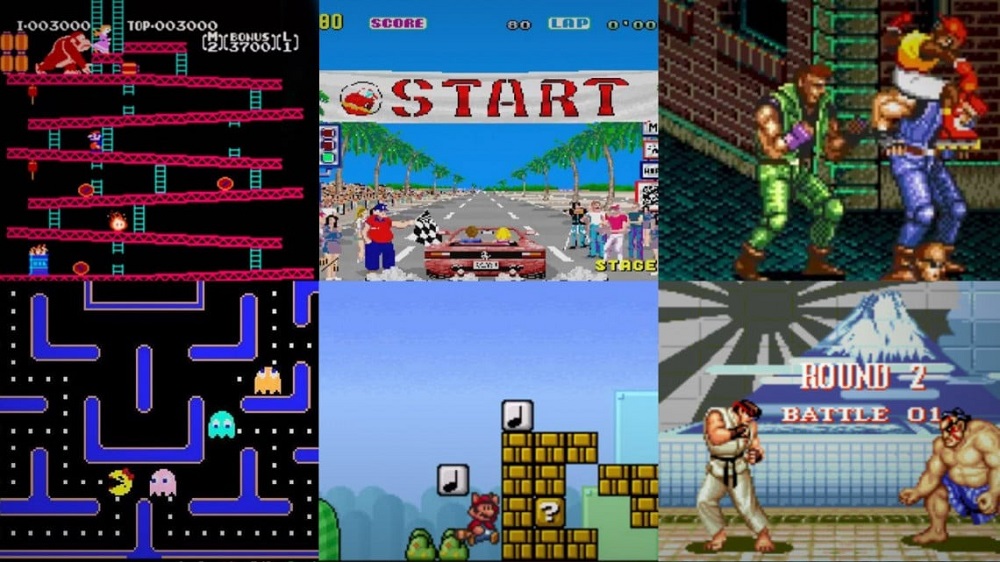
Retro games are more than just entertainment — they are a cultural snapshot of their era. Titles like Super Mario Bros., Sonic the Hedgehog, and The Legend of Zelda defined not only genres but also childhoods around the world.
Unlike other media, games are interactive, blending storytelling, music, and art into a unique form of cultural expression. Preserving them ensures that researchers, fans, and even developers can study how gaming evolved from the early days of the Atari 2600 to today’s consoles.
The Threat of Time – Why Games Disappear
Unfortunately, video games are fragile. Cartridges degrade, discs become unreadable, and even digital storefronts shut down. Here are the main threats:
- Physical Decay: Cartridges corrode, and batteries used for game saves die.
- Obsolete Hardware: Consoles like the NES or Sega Saturn are increasingly difficult to repair.
- Digital Delisting: Games sold online are often removed due to licensing, leaving no legal way to buy them.
- Publisher Neglect: Many companies abandon old titles, leaving fans to pick up the pieces.
Without active preservation, entire libraries risk disappearing, erasing decades of creative work.
Emulation: A Lifeline for Classic Gaming
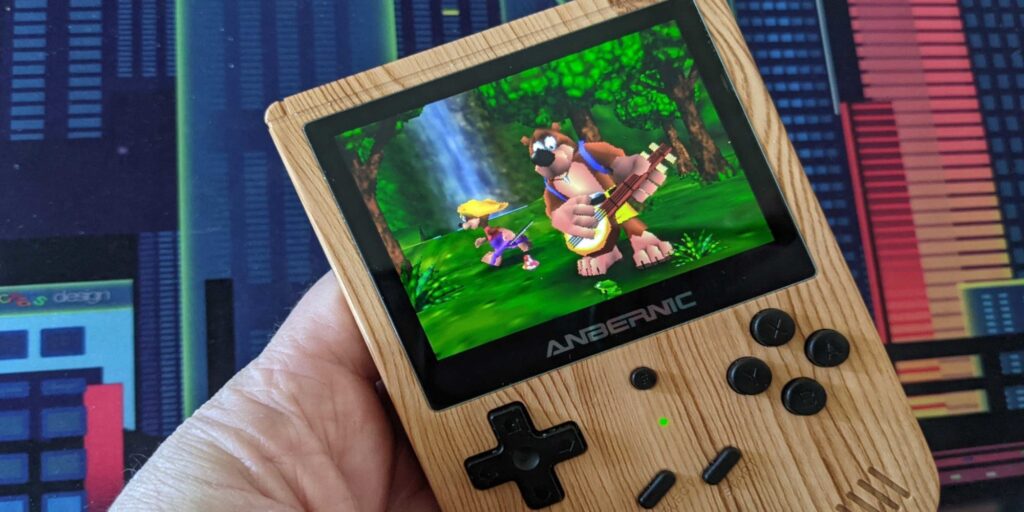
One of the most important tools in preservation is emulation. By recreating console hardware through software, emulators let players experience games on modern devices.
Projects like MAME and RetroArch keep thousands of titles alive. While some question the legality of ROM distribution, emulation itself is a critical preservation method. Without it, many obscure titles would be inaccessible.
We’ve already seen how emulators help in articles like How Emulators Keep Retro Games Alive — not just for play, but for research, archiving, and even speedrunning communities.
The Role of Communities and Fans
Fans have been at the heart of game preservation. From dumping ROMs to maintaining wikis, retro enthusiasts ensure that knowledge isn’t lost. Communities like AtariAge or Reddit’s r/retrogaming have become digital museums, where enthusiasts share scans of manuals, box art, and even TV commercials.
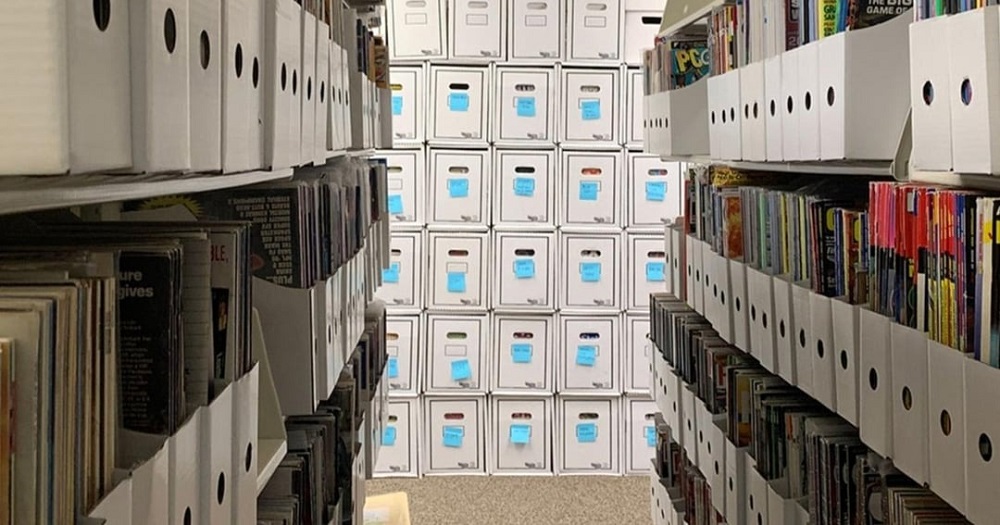
Modders and hackers also play a role, translating Japanese-only titles or creating fan patches that revive forgotten gems. For example, projects for the SNES and Genesis often enhance accessibility by fixing bugs or restoring censored content.
Institutions and Archives
Thankfully, game preservation isn’t just a fan movement anymore. Museums, universities, and non-profits are stepping in:
- The Video Game History Foundation: Actively archives rare games and documentation.
- The Strong Museum of Play: Houses an extensive collection of classic consoles and titles.
- Internet Archive: Hosts playable emulated games directly in browsers, making history accessible to anyone.
These efforts legitimize game preservation as a cultural necessity, not just a hobbyist passion.
Why Companies Struggle With Preservation
Ironically, many game companies hinder preservation. Strict copyright laws and a reluctance to re-release older titles make it difficult for fans to legally enjoy classics. Even when companies do re-release games, they are often bundled in collections that exclude hidden gems.
Nintendo, for example, shut down ROM sites while offering limited selections on their online platforms. This creates a paradox: fans are punished for preserving what companies abandon.
Physical vs. Digital Collecting
Cartridges and discs remain prized among collectors. Having an original copy of EarthBound or Panzer Dragoon Saga carries both monetary and emotional value.
Yet, digital preservation has its advantages — infinite copies, no wear and tear, and global accessibility. The ideal solution combines both approaches: collect the physical, archive the digital.
This duality mirrors our discussion in retro game collecting where owning physical games and engaging in digital preservation are both valid paths into the hobby.
Preserving More Than Just Games
Game preservation isn’t only about ROMs. It’s also about:
- Manuals and Box Art – which contextualize how games were sold.
- Advertising – commercials and posters that reflect cultural trends.
- Music – iconic chiptunes that defined gaming soundscapes.
- Developer Notes – which provide insight into creative processes.
By preserving the ecosystem around games, we capture not just software, but the culture of play.
The Ethics of Preservation
Some argue that preservation through ROM sharing is piracy. Yet, others counter that if publishers don’t provide access, fans have no alternative. After all, cultural history shouldn’t vanish because of business models.
Ethical preservation emphasizes access with respect: ensuring creators are credited, while also guaranteeing public availability.
Looking Forward – The Future of Preservation
With the rise of cloud gaming, the risk of losing access to games is greater than ever. Preservation efforts must adapt:
- Legal Frameworks: Advocates push for copyright reform to allow libraries to maintain and share old games.
- Better Digital Archives: Institutions must keep not just games but online communities, patches, and mods.
- Corporate Involvement: Ideally, publishers will recognize the value of their back catalogues and partner with preservationists.
If handled correctly, retro game preservation will ensure that our grandchildren can experience the same joy of blowing into an NES cartridge — without the risk of losing that history forever.
Retro game preservation matters because games are culture. They shaped childhoods, influenced art, and drove technological innovation. Losing them would mean erasing part of our collective heritage.
Through emulation, fan communities, museums, and advocacy, we can ensure that the pixels, sounds, and stories of the past continue to inspire the future.
Every cartridge, every floppy, every pixel is a piece of history — and preserving them is preserving who we are as gamers.
